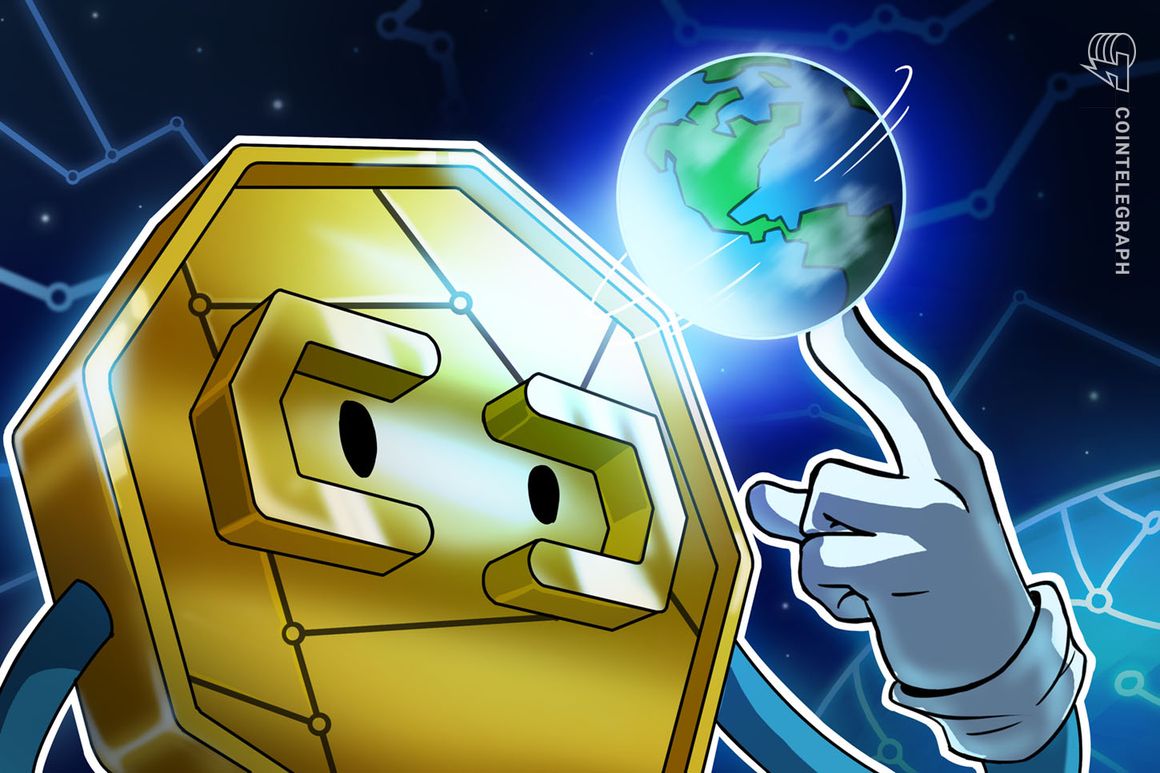All eyes have been on Worldcoin (WLD) since the July 24 launch of its “World ID” system. The issues associated with the launch have been well reported
All eyes have been on Worldcoin (WLD) since the July 24 launch of its “World ID” system. The issues associated with the launch have been well reported at this juncture. They include possible onboarding security risks along with Worldcoin’s use of biometric data, which is now under investigation by governments in several countries — including the United Kingdom, France and Argentina.
In the tech industry, where many of the most significant innovations of the past few decades have occurred, there is often a tension between the drive to innovate and the need to consider ethical implications. As technologies like machine learning, facial recognition and big data analytics become more advanced, the ethical stakes also rise.
In some cases, criticism from external analysts, journalists or ethicists can actually lead to positive outcomes by encouraging companies to consider ethical implications and perhaps even alter their business practices. In other cases, it can create a backlash that stymies innovation or leads to increased regulation. Either way, ethical and social concerns are a significant aspect of the landscape that innovators must navigate, and these concerns are often magnified when the innovations touch on sensitive areas like privacy, autonomy and social justice.
Related: Worldcoin controversy explained in latest Cointelegraph Report
So, while innovators often face criticism on multiple fronts — whether it’s questioning the feasibility of their ideas, their potential to disrupt markets or the ethical implications of their work — their relationship with external observers is complex and multifaceted. Criticism can be both a hurdle and a constructive force, depending on the situation.
Rather than argue the merits of Worldcoin specifically, I would argue that we risk severely delaying technological advancement if we criticize it to death instead of criticizing it to improve.
Worldcoin wants to solve the digital identity issue, and its approach to doing so is bypassing governments. A solution to interoperable, accessible digital identity means you do not have to worry if you lose your identity documents, or if you are no longer able to access them because of changes within your home country.

Having worked with the United Nations in the past on solutions for distributed digital identity, I know that a well-designed system could fight corruption, resist identity replication, reduce fraud, and protect citizens against censorship. This is especially helpful for people who receive support from supranational organizations. A digital identity that can never expire, and can be accessed and read all over the world, is not just convenient. It can be life-saving.
It is easy enough to make the argument for this system on the fact that while a single government may do identity well, there is no seamless system worldwide for identity. Further, no significant progress has been made by any consortium of governments to use technology to address this issue. Worldcoin saw an opportunity to address this issue privately — and now it is paying the price of being the first mover.
This evokes a memory of another Web3 first mover. Libra was a similarly ambitious project that sought to solve market failures with a private-sector solution. In this case, Libra attempted to provide stable money, which is, by most definitions, a public service. In doing so, it would have bypassed central banks.
One of the reasons we don’t have this system working today is because Libra was disbanded after severe scrutiny. Some of its failings could have stemmed from being tied to a well-known founder who has not safeguarded our data or best interests well — Mark Zuckerberg. With the benefit of hindsight, we can say for sure that the minds working on the project were not Zuckerberg. And while stymied at Libra, they have attempted to solve this in different ways at other companies — from Circle (which has another stablecoin) to Lightspark (which facilitates Lightning payments).
Progress has not necessarily been lost, but it has been changed. We are not where we could be — in a world with more stable and accessible payment rails for everyone. Further to that, in the intervening years, there were significant and damaging attacks on the merits of the Libra project. These attacks still affect stablecoins today.
So, in response to such an onslaught of criticism, somebody may want Worldcoin to go the route of Libra. It may fail not simply because of missteps by the founders. This is a reasonable reason to fail, and it is the journey of entrepreneurship. No, I fear it may fail because it is attempting to build something we have no paradigm for, and that creates a breeding ground for “punching down” on the entire technology stack that digital identity will require (and that we will all require if we want secure digital identity in our lifetimes).
To pause my pessimistic view for a moment: I am sure that even…
cointelegraph.com
